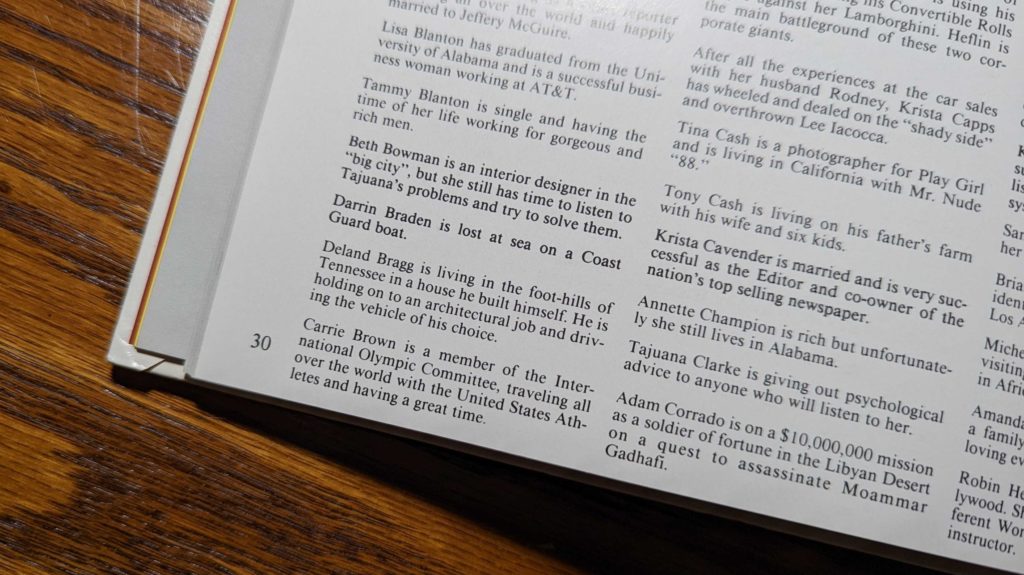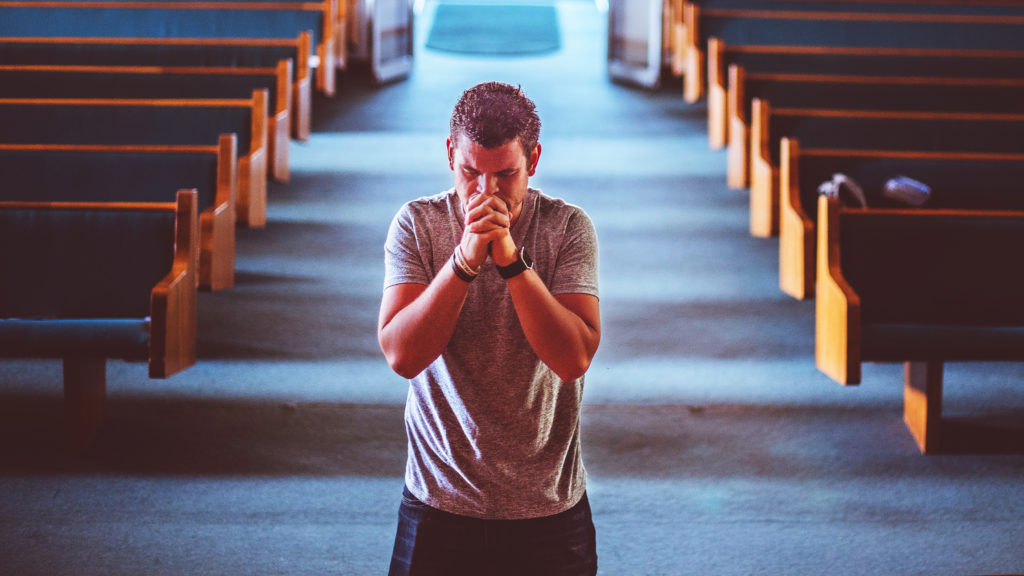By Jennifer Davis Rash
The team of doctors filed into my aunt’s hospital room with charts, notes and a stockpile of questions. I was visiting her but would also be helping her for the next few days. My uncle had been by her side since she was admitted.
Should I stay? Should I go?
Was it inappropriate for me to be listening or would I need to know some of the information later and end up regretting it if I didn’t listen?
I had forgotten to ask her how much she wanted me involved in the process and figuring out what was appropriate on the spot was tricky.
I decided to compromise by not leaving the room but moving into a far corner and busying myself on the iPad. I didn’t pay close attention but was generally aware of what was being said.
Once everyone left and she and I could talk privately, I asked her what was appropriate as far as my participation. She did want me involved and listening so I could help her process all the information, so it all worked out well, but the experience spurred me to plan ahead in the future.
I realized visiting someone in the hospital is more than merely showing up to show support. There are certain do’s and don’ts related to appropriate timing, reasonable lengths of stay and being respectful to the patients’ medical information and situation (see story, page 1).
The discussion with my aunt also took both of us back to times when we experienced, participated in and observed unfortunate hospital visitation scenarios.
We recalled walking into one patients’ room and finding 12 to 14 family members crowded in talking loudly, laughing, telling stories — basically having a reunion — while the patient lay writhing in pain.
I remembered finding one patient craving a drink of water but didn’t have enough strength to find the button to call for the nurse. My dad taught me years ago to always offer the patient water, food if appropriate and help with whatever seemed needing to be done. He found my grandmother several times in the hospital and nursing home seeking a simple sip of water. He and his siblings always made sure she had plenty of water while they were present.
The patient may not ask for help for whatever reason, so I try to always offer.
And while a patient who is alone probably needs more help than those with caregivers onsite, it does seem important to not overstay in either situation. Forcing a patient to “entertain” guests can exhaust him or her.
At the same time, lending a hand to caregivers and/or sitting with those waiting during surgery can be helpful and appreciated.
I remember sitting with my cousin and her husband during her dad’s heart surgery. I tried to be careful not to be a burden, but I also wanted to do what I could to help them pass the time so they weren’t anxious with worry every second.
And giving a caregiver a few minutes to go for a walk or grab some food outside the hospital room can do wonders for the caregivers’ energy and spirits. If he or she is uncomfortable leaving the patient, then bringing in food or even a snack basket is a good option.
And what about praying with the patient and/or caregiver? Absolutely. It’s a perfect way to wrap up your visit while encouraging those present and is rarely rejected in these situations no matter the patients’ faith background.
Hospital visitation — when done appropriately — allows us to serve others and show God’s love.
________________________________________________________
Rashional Extras
‘Put Jesus first’
And if you don’t, it sounds cliché, keeps you frustrated or lulls you into a blissful spiritual sleep.
Mine was the last of the three.
I thought it was a one-time decision. Will I put Jesus first? Yes. I will. So what did I think I meant?
It’s crude, but it’s honest: “I’m a Christian, I live in a way I think would be generally pleasing to God, and if someone put a gun to my head and told me I had to renounce my faith or die, I’d choose to die.”
Seemed ambitious enough. And then, at the prompting of very wise people, I started reading the hard bits of the Bible. The parts where Jesus said you have to deny yourself and take up your cross daily and follow Him. To die to self as He died for us … that means EVERYTHING in life has to be less important than Him … daily.
Putting Him first. It’s the easiest thing to do and the hardest thing to do.
It takes intentional thought and prayer … but the floodgates open up and the hunger for Him and His Word grows more and more. Give Him a blank check with your life, and ask Him what He’d like to do with it and you’ll find He’s eager to take you up on it … and show you more of Himself. Read His Word, the Bible. Talk to Him daily and ask Him how He wants you to spend your days and your relationships, how you personally can bring Him the most glory, how we can enjoy Him today and how we can tell others about Him and how much He means to us. It becomes a daily conversation, a journey with Him rather than a tally of major and minor decisions. The decisions start flowing out of relationship.
It takes discipline, and at the same time it’s incredibly freeing.
Doesn’t mean times will be easy … in fact, He says they’ll be hard. But He also said we have Him with us always, and that He is the reward at the end.
And He’s worth everything.
EDITOR’S NOTE — ‘Put Jesus first’ is an excerpt from the blog gracefortheroad.com.
Coach Bear Bryant’s key qualities as a leader
- His great work ethic; he would outwork anybody.
- He delegated well but also maintained control.
- He was a great listener.
- He was eager to learn and as a result was receptive to different ways of doing things.
- He was willing to change with the times.
- He had great self-confidence.
- He was a top salesman but did it in a low-key way.
- He was a shy person. He enjoyed the attention he received but didn’t seek it.
- He was willing to make tough decisions, particularly related to areas of discipline.
- He genuinely cared about his players and he showed it.
- He was very intelligent. He’d give you that old Arkansas plowboy stuff with all the mumbling, but he was on the cutting edge of everything, like rules, recruiting, etc.
- He enjoyed his role as a mentor and teacher.
Pat Williams with Tommy Ford
“Bear Bryant on Leadership”
____________________________________________________________________
@MichaelCatt
“Out of clutter, find simplicity. From discord, find harmony. In the middle of difficulty lies opportunity.” — Albert Einstein






Share with others: